Vintage lens review - Helios 40-2 85mm f/1.5 - better known as “The Bokeh King”
Let’s start the review in black-and-white. After all, the lens that I took this photo with dates from 1978. Back then, people were still shooting in black-and-white:
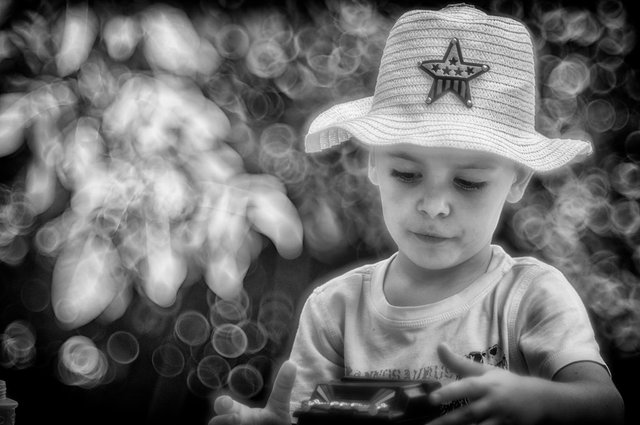
This is my son playing in the garden. Every light source from a tree in the background was a source of a bokeh bubble. The “Bokeh King” reputation is quite obvious here. I shot this photo wide open at f/1.5. Being a manual lens, it is very hard keeping a focus on a moving subjects such as kids.
Build quality
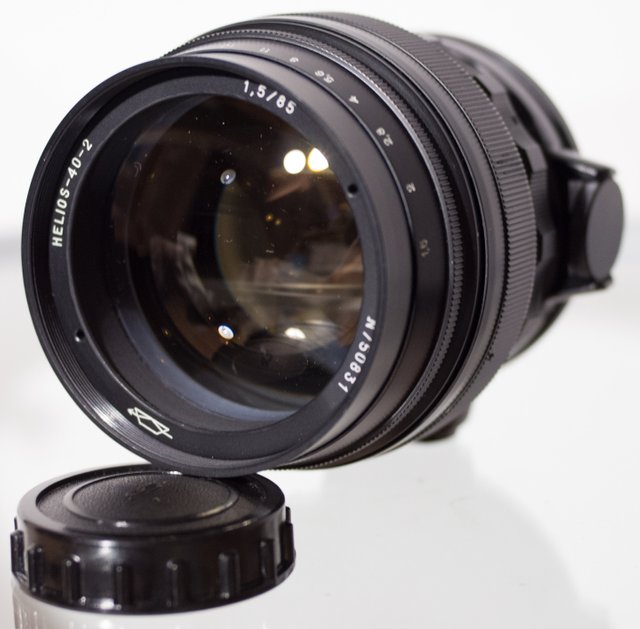
It’s literally built like a tank. The version that I have is made in USSR. It weights 900g (2 lbs) with a steel tripod mount ring. It's very heavy. But nevertheless, I’m always carrying it with me.
Characteristics
It has 10 aperture blades.
At 1.6m DOF is about 2cm @ f/1.5 and 7cm @ f/5.6
On digital bodies, you can shoot only in AV (aperture priority) or M (manual) modes.
Considered to be one of the very best portrait lenses.
Swirly bokeh
This lens is not for those who are seeking technically perfect lens. Actually, it is the glass imperfection that makes it a perfect choice for those who want to create unique photos. The characteristic swirly bokeh is what makes this lens famous for. You can see many examples here.
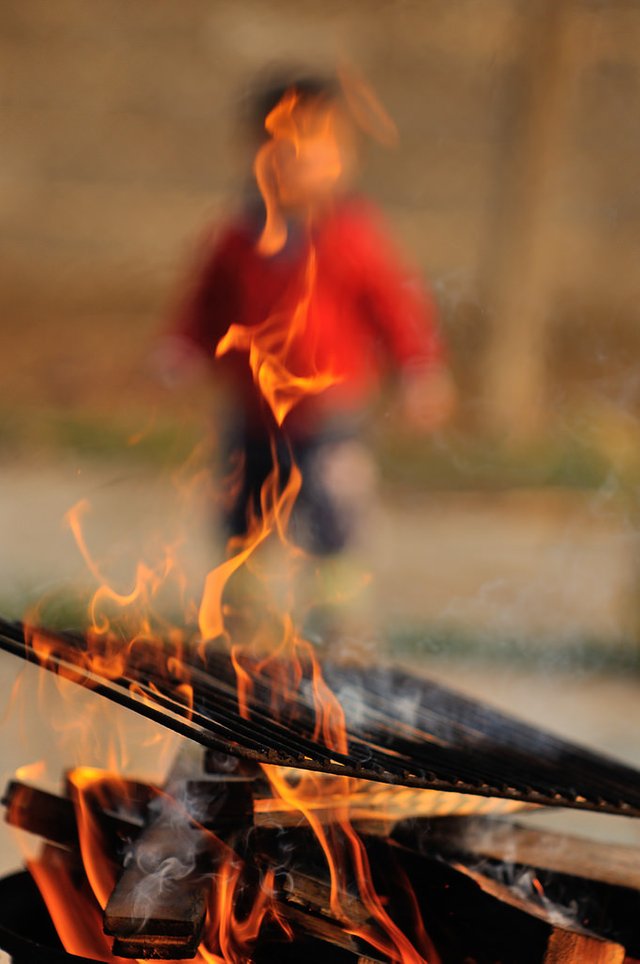
I took this using f/1.5, the background looks like painted with a brush.
Large f/1.5 aperture
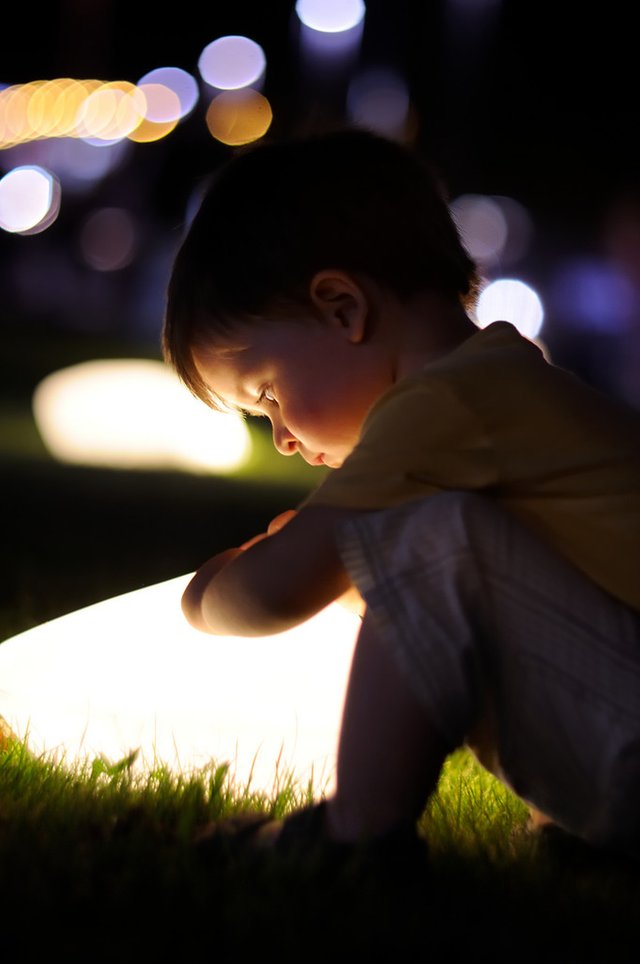
Large aperture was very helpful in shooting this photo handheld in dim light. I had a bit of luck to catch a steady moment here.
M42 mount and adapters for digital cameras
The Helios lens line was first introduced as M42 clone of legendary Zeiss Biotar lens. Interestingly, the 85mm f/1.5 ended up being used more in night vision devices than in cameras.
I bought mine 5 years ago and it's value almost doubled since then on eBay.
Because it’s M42 lens, you must use an adapter if you’re shooting Nikon, Canon or any other non-M42 camera:
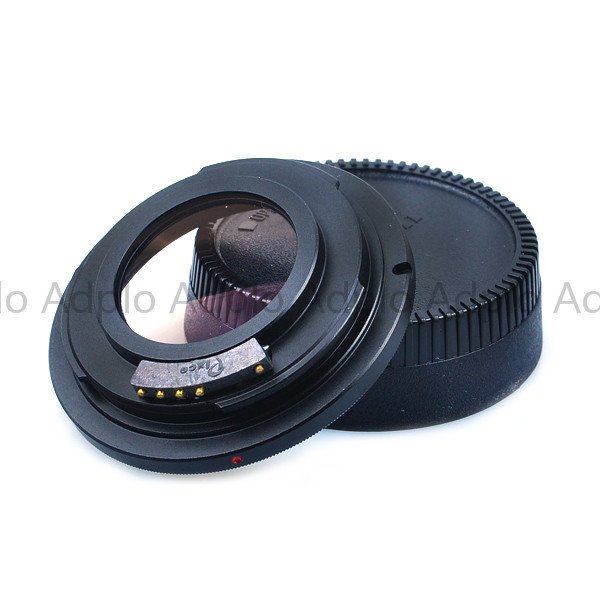
M42 to Nikon F-mount adapter with corrective glass (to be able to focus infinity) and chip for focus confirmation. This corrective glass adds to already problematic flare. At least mine was disappointing. For this particular lens, I recommend using version with no glass as images are much better:
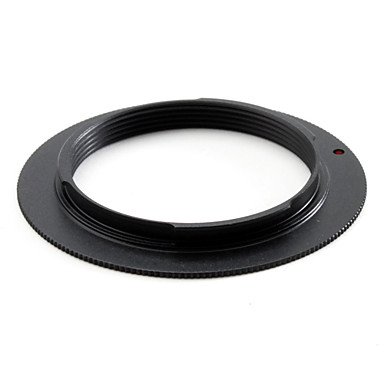
No focus to infinity with this adapter for Nikon users.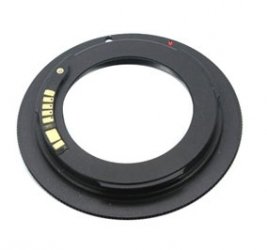
Be sure to search for dandelion AF confirmation chip if you’re shooting Canon. It can be programmed for a particular lens that you put on it. Focuses to infinity for all M42 for Canon users.
Lens hood - YES
This manual lens shows flare a lot if not used with a lens hood, especially on a bright day. So make sure to buy one. This lens just loves soft light: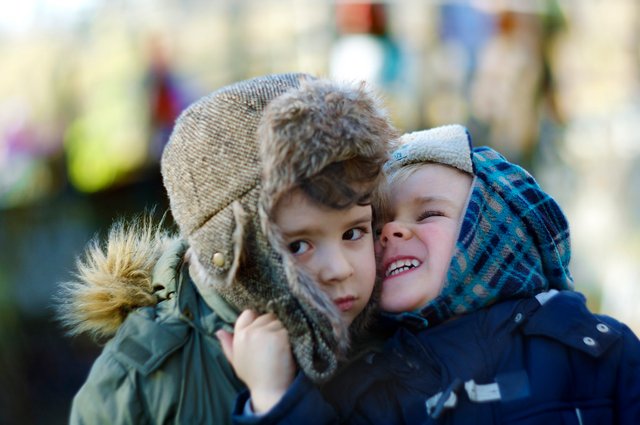
Soft light on a winter day.
Modern version
Because of it’s popularity, the production begun again a few years ago, you can read a review of 2015 version here.
Conclusion
It can be challenging, especially at the beginning, to shoot with an old manual lens. After you get to know it better, it will stop bothering you. And if you are looking for a glass that gives a unique feeling to your work, this lens is made for you. This lens is not for those hunting sharpens and contrast above everything else.
It’s one of my favorite lenses, and I warmly recommend it to all of you!
I hope that I managed to bring this lens closer to your attention. It deserves it.
Wonderful lens, I used it a few time on some shoots. The only thing as a downside at least for me is that it is really heavy. Thanks for sharing.
It's heavy for sure, but worth an effort :)
Hi @pisteem01 I am an enthusiast for old lenses on my modern cameras. As a hobby photographer in the 1970s and 1980s I used a Pentax K1000 and I still have my K-fit lenses. I have adapters now for Micro-four-thirds , Fuji-X and Canon EOS. I mainly source my lenses from charity shops or second hand shops. I do not have the Bokeh King though I have an interesting set. I don't do review type comparisons. I just use the lens as any other.